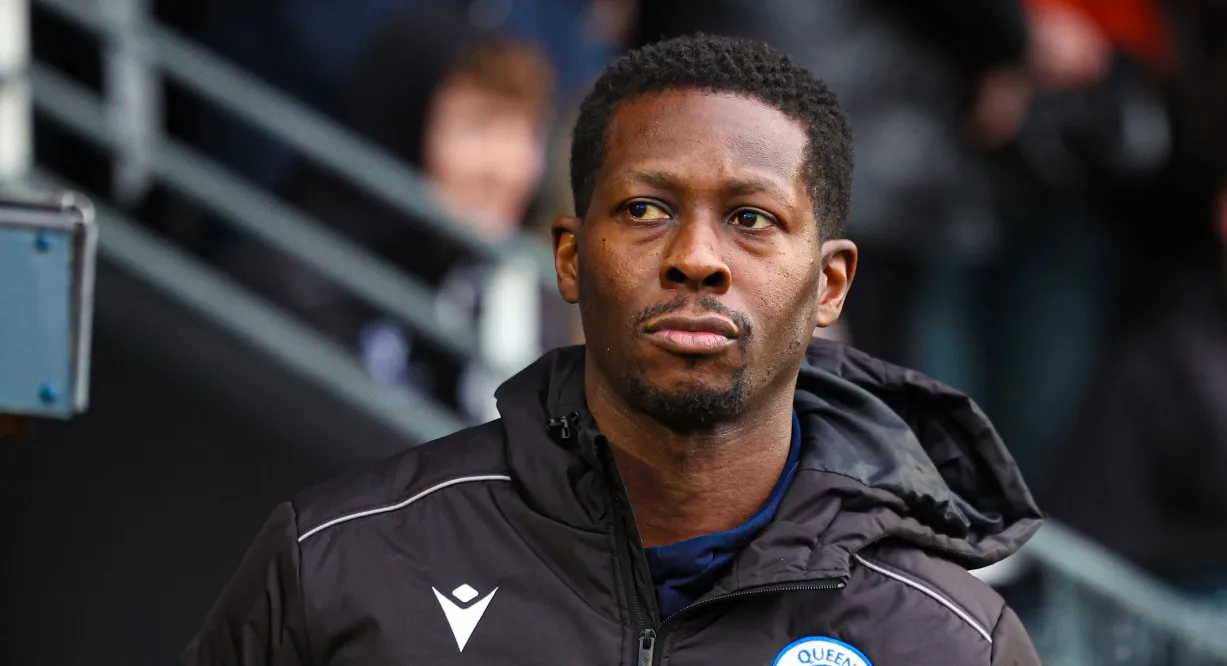As a stark reminder of the persistent issue, last weekend underscored how rampant racist abuse remains across all levels of football.
From the lower leagues in Scotland to the top divisions for both men and women in England, no one is spared the hateful bile spewed predominantly on social media. Clearly, this ongoing problem demands urgent attention.
For example, on Friday, January 31, Michael Nottingham of Livingston was targeted by racist abuse. Then, on Saturday, Joe Willock from Newcastle United faced a barrage of vile comments, and on Sunday, both Marvin Kaleta of Motherwell and Bunny Shaw of Manchester City women were subjected to similar abuse. These incidents, which have been widely reported in the media, paint a grim picture of the current state of the sport.
Moreover, Motherwell’s Kaleta was reportedly the subject of racial abuse following a match against Celtic, while Livingston’s Nottingham was harassed after the Championship game against Falkirk. Additionally, Newcastle received online abuse directed at Willock after a home defeat to Fulham, and Manchester City women’s Shaw was inundated with both racist and misogynistic messages after their loss to Arsenal in the Women’s Super League.
When questioned about the racist abuse in Scotland, an SPFL spokesperson condemned the online posts received by two of their players, calling them disgraceful. Furthermore, they emphasized that clubs and authorities must collaborate to identify those responsible.
Advertisement
Latest Press Conference
We’re on Social Media



It was also noted that, while social media offers clubs a platform to engage positively with supporters, it is too often exploited by a mindless minority, which demands that social media companies take decisive action.
In addition, former footballer Marvin Bartley shared his personal experience, describing racism as a deep, cutting pain that leaves a lasting impact. He recalled a particularly heartbreaking moment when a hateful message brought him to tears after a match, illustrating how such abuse can devastate a player’s emotional well-being. Moreover, he stressed that even thousands of kind words cannot erase the hurt inflicted by a single malicious comment.
Similarly, Kevin Harper has called for meaningful action to combat racist abuse. He argued that football authorities, from FIFA to UEFA, must take a firm stand, and that measures such as point deductions against clubs could serve as a deterrent. Furthermore, Harper suggested that social media companies should be held financially accountable for allowing hate speech to proliferate, thus creating a real incentive to change their policies.
Ultimately, the question remains: Is enough being done to stop racist abuse of footballers? While both Bartley and Harper offer powerful insights into the emotional and practical consequences of racism in football, it is evident that more decisive, collective action is needed. Consequently, as the season progresses, players and fans alike continue to hope that the football community can finally overcome hate and eradicate racism from the beautiful game.
